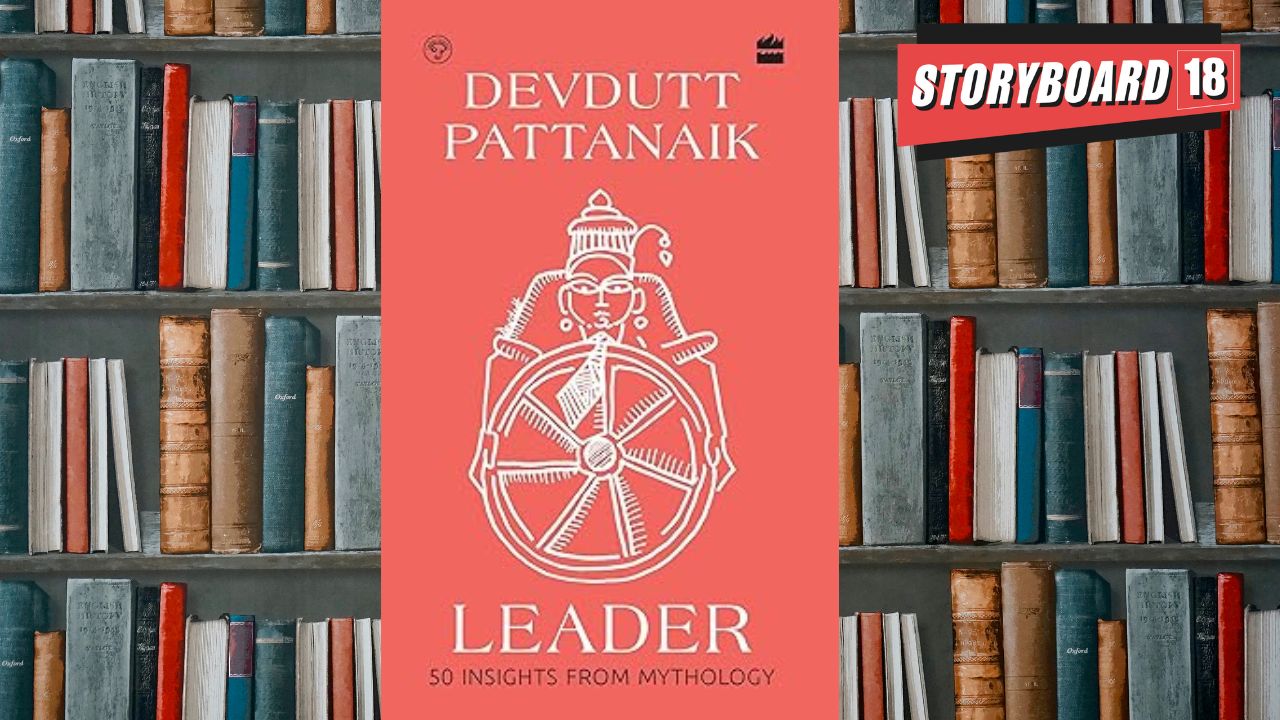Of God, nature and leadership
Devdutt Pattanaik is back with a bright, red volume titled ‘Leader’. In his favourite zone – the intersection of mythology and its connection to the corporate world – he examines the tenets of leadership with a throwback to familiar stories – albeit with a new lens. For instance, isn’t the manner of death of the Pandavas, as much a lesson as their lives itself?
Here are our bookstrapping insights:-
There is a chapter in which the author examines the difference between winning and being right. ‘We must not confuse the two’ he says and reminds us that when the choice is between winning and being right one needs to be wise.
He references the popular story of Vikram and Vetaal, drawing attention to the fact that not every question has an obvious answer. And that one doesn’t need to rush to give it.
The authors’ interpretation of the Islamic tenet of charity, through which the individual is supposed to care for the community is an interesting perspective. Linking it to organisational CSR directives, he says that the attitude of charity must be kindled internally. Employees should not participate only because they’re obliged to.
The story of why Lord Vishnu insists on placing an image of Garuda in his temples and not Narada is linked wonderfully to the difference between a reactive subordinate and a proactive subordinate. It’s an eye opener. And in case you wondered why coronation ceremonies down the ages have been so elaborate, the author explains that the king was the closest physical manifestation to God that the common man had. The coronation rituals were expected to make the king less human and more divine.
Perhaps all leaders could take a cue from that. The very definition of divinity being that a leader- male or female- thinks less about their own pleasures and more about the happiness of others.
Reeta Ramamurthy Gupta is a columnist and bestselling biographer. She is credited with the internationally acclaimed Red Dot Experiment, a decadal six-nation study on how ‘culture impacts communication.’ On Twitter @OfficialReetaRG.
